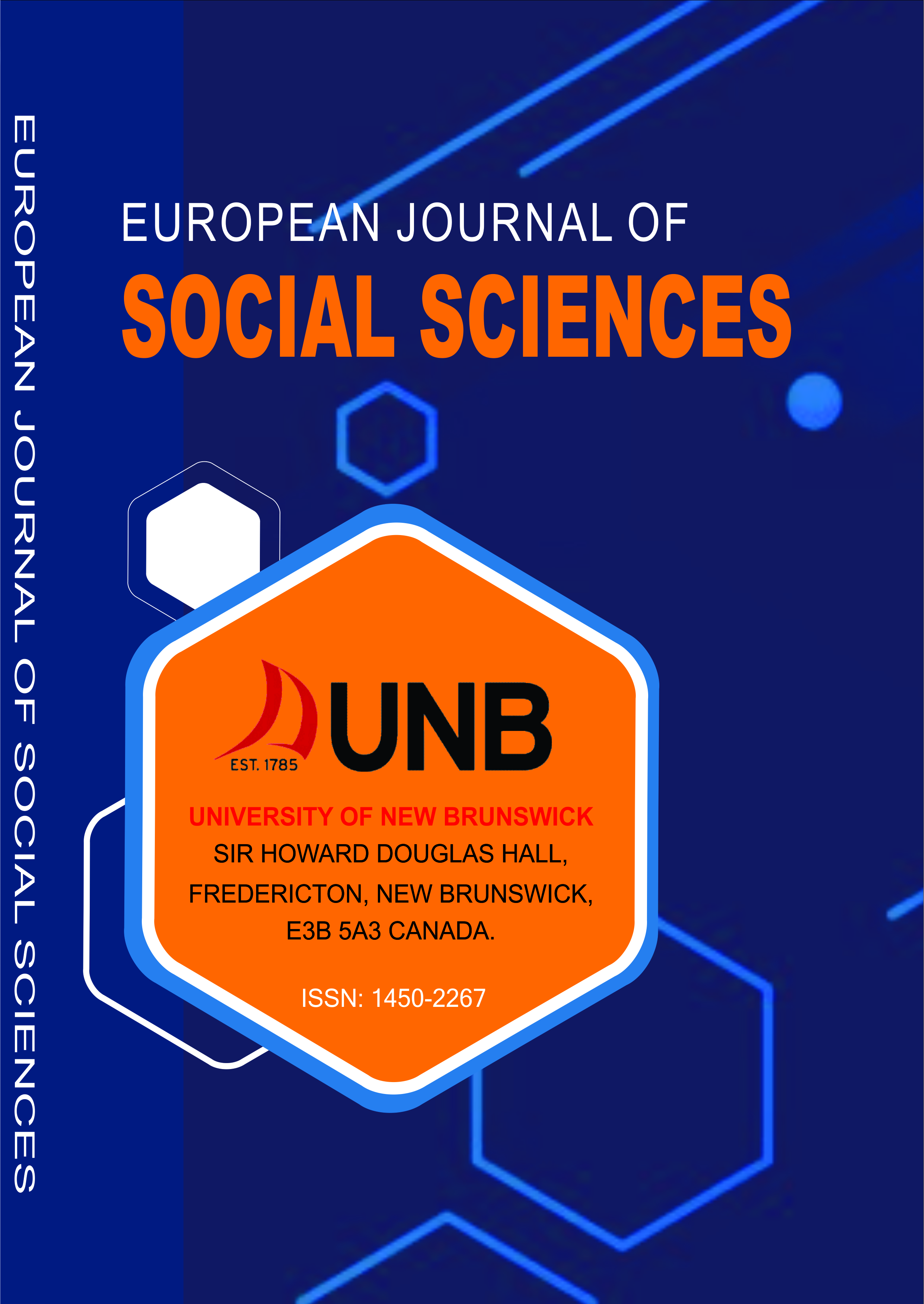EUROPEAN JOURNAL OF SOCIAL SCIENCES (EJSS)
FAMILY, POVERTY AND CONFLICT IN THE METROPOLITAN CITY OF DOUALA-CAMEROON
E-ISSN: 4899-5667
P-ISSN: 1450-2267
DOI: https://iigdpublishers.com/article/12
The objective of this work was to describe how poverty influences family’s consumption pattern in the Household wealth theory which explains that wealth is a source of well-being and how the increasing rate of unemployment among household due to the deterioration of the job markets has affected family members’ consumption of home products for 202 participants. A systematic sampling method was used in which in every neighbourhood, much effort was made to start with an nth subject and then select every twentieth unit after the first was selected. The questionnaires were administered by directly contacting and handing them to the respondents (self-administered) and the non-literate ones were helped to fill them. It was discovered that, people tend to prefer nuclear family as their income rises and extended family as their income decreases. The nuclear family members have a better consumption habit than extended family members; single parents and single people because they earn more money and have a much smaller family-size. However, single parent tend to significantly use formal health seeking methods than others because they also have smaller families. The extended family consume more home- based goods and therefore have more domestic comfort: they do not only significantly own and rent expensive and quality homes but also have more durable goods.
Nanche Billa Robert
Aerts, J., Denis C, Javier H, Guy de Monchy, & Francois R., (2000). L’Economie Camerounise un Espoir Evanoui. Boulevard Arago: Edition Karthala.
Baye, Francis. (2004). Investigating the Growth and Redistribution Effects of Poverty in Cameroon Development Policy Research (Unit DPRW).‖ University of Cape Town: Collins Publisher.
Baca Z. M, and Eitzen D.,(1993). Diversity in Families. New York: Harper Collins College Publisher Browne, K., 2011. Introduction to Sociology
Culliney M, Tina H and Stephen M., (2014). Family Structure and Poverty in the UK: An Evidence and Policy Review Report to Joseph Rowtree Foundation University of Lincoln
Deaton A., (2013). Health, Income and Inequality. National Bureau of Economic Research
